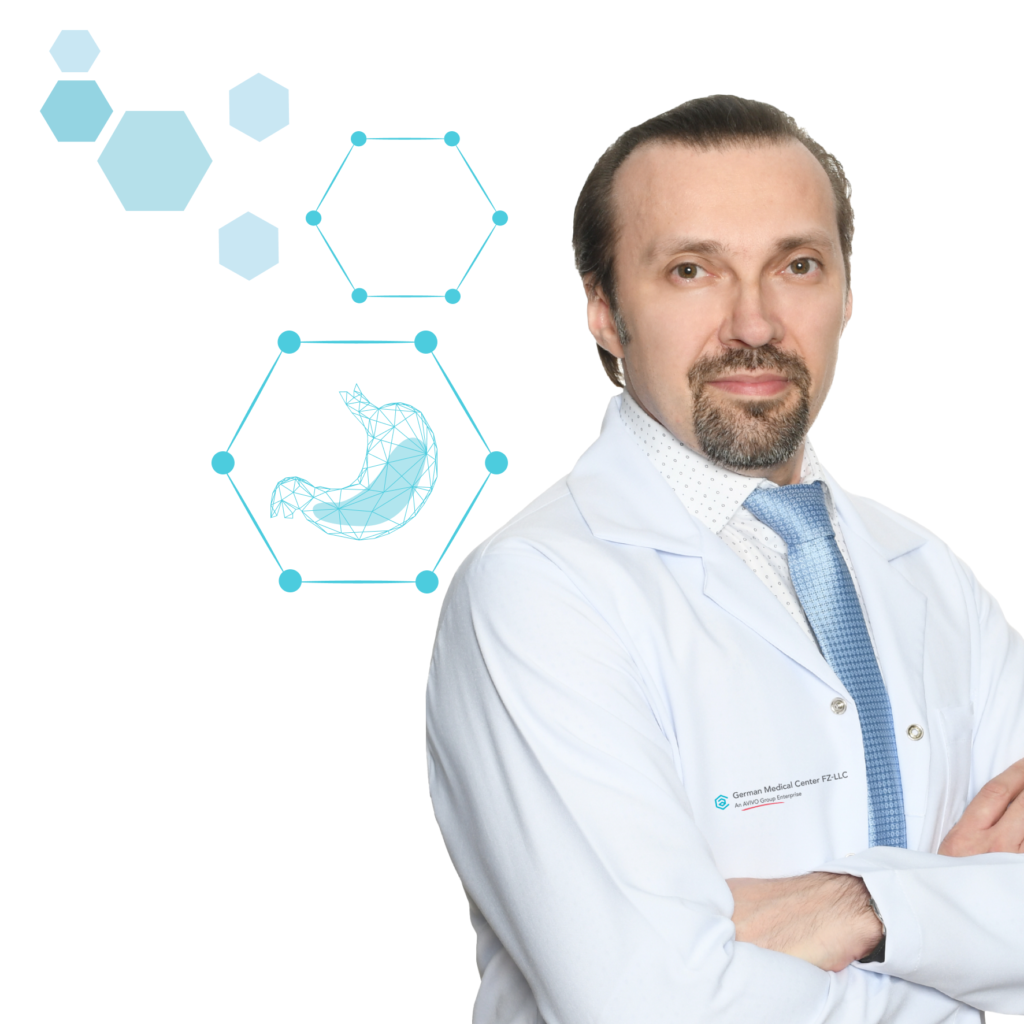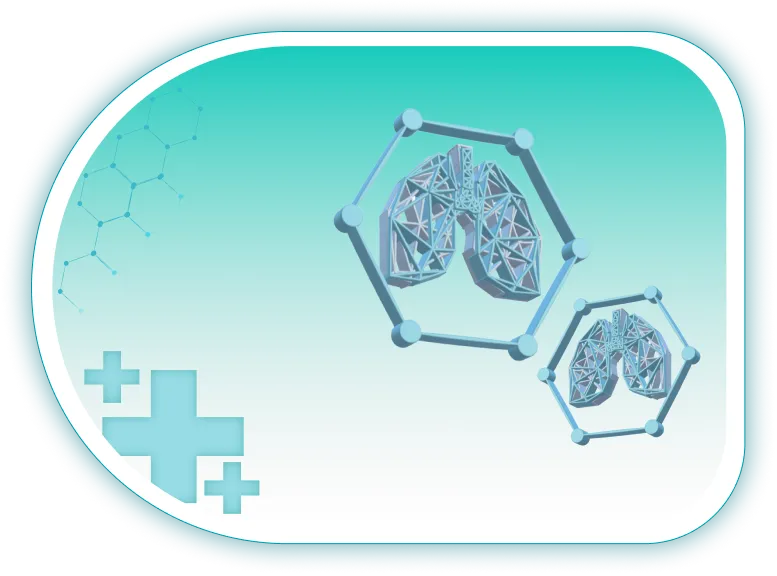
Dr. Sebastian Cuzincu
Gastroenterology and Internal Medicine
Hypertension, or high blood pressure, is often referred to as a "silent killer" because it typically does not cause noticeable

Hypertension, also known as high blood pressure, is a common condition that affects many people around the world. It is a serious health concern that can lead to a number of complications, including heart attack, stroke, kidney failure, and vision loss. Fortunately, there are many effective treatments available to manage hypertension and reduce the risk of complications.
If you have been diagnosed with hypertension, it is important to work closely with your healthcare provider to develop a treatment plan that is tailored to your individual needs. By following your treatment plan, making lifestyle changes, and taking any prescribed medications as directed, you can help to manage your hypertension and reduce your risk of complications.
If you’re in the UAE and in need of hypertension treatment, you can trust German Medical Center to provide top-notch medical care. With a team of experienced healthcare professionals and state-of-the-art facilities, you can be sure that you’re in good hands. Contact German Medical Center today to schedule an appointment to receive best treatment for hypertension and take the first step towards receiving a comprehensive high blood pressure treatment.
Our team of experts are passionate about providing only the best quality care and treatment to their patients.

Gastroenterology and Internal Medicine
There are different types of bronchial asthma, including chronic bronchial asthma, allergic bronchial asthma, and acute bronchial...
It's important to note that early detection and treatment of Coronary Heart Disease can significantly improve outcomes and reduce...
Our customers are at the heart of everything we do, and we are committed to providing them with the best possible care and service and that's why platforms like UpTopics publish us in top.


(4.5)
Based on 174 Google Reviews

Partner with:
Partner with:


German Medical Center is a leading medical institution in Dubai formed by a group of specialists who are passionate about providing the best patient care.
Fill out our easy online form to book an appointment with German Medical Center. Our team of experts is dedicated to providing you with personalized care and guidance every step of the way. Don't wait, take charge of your well-being and schedule your appointment now!